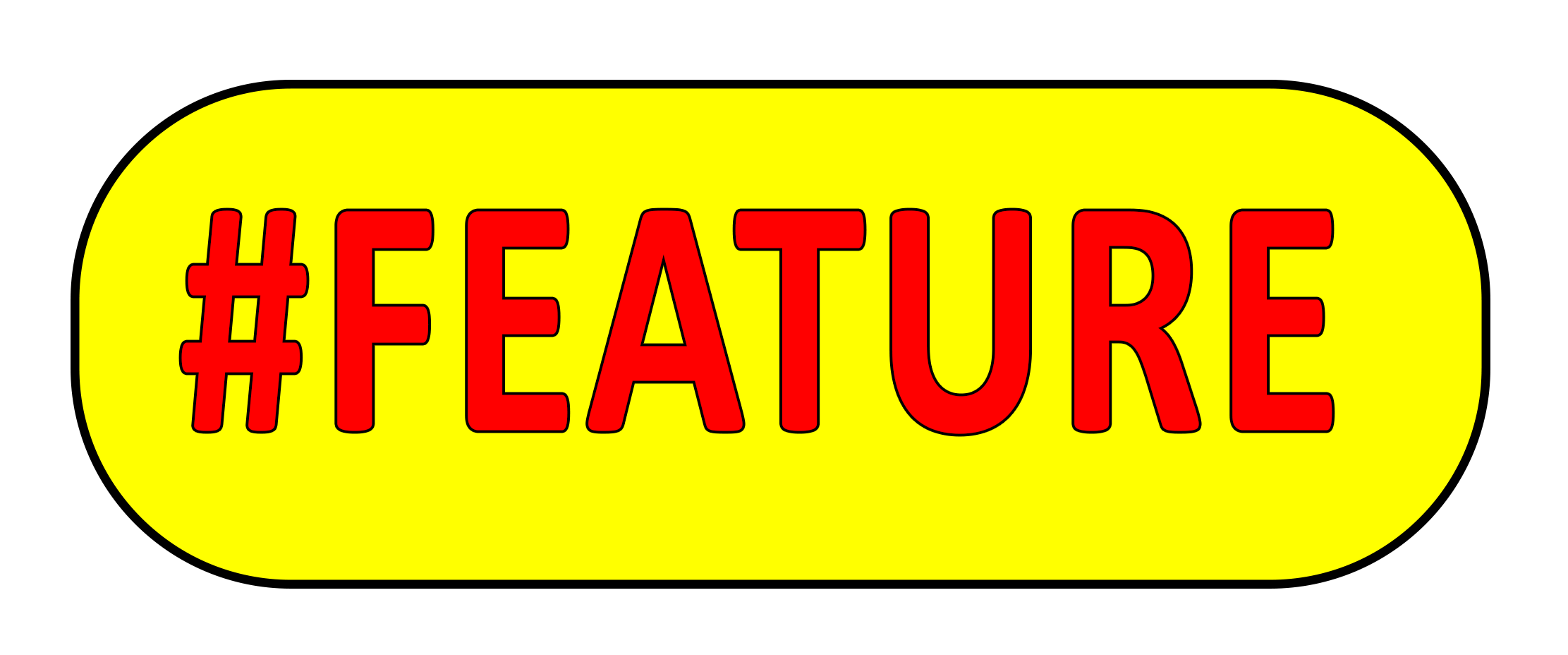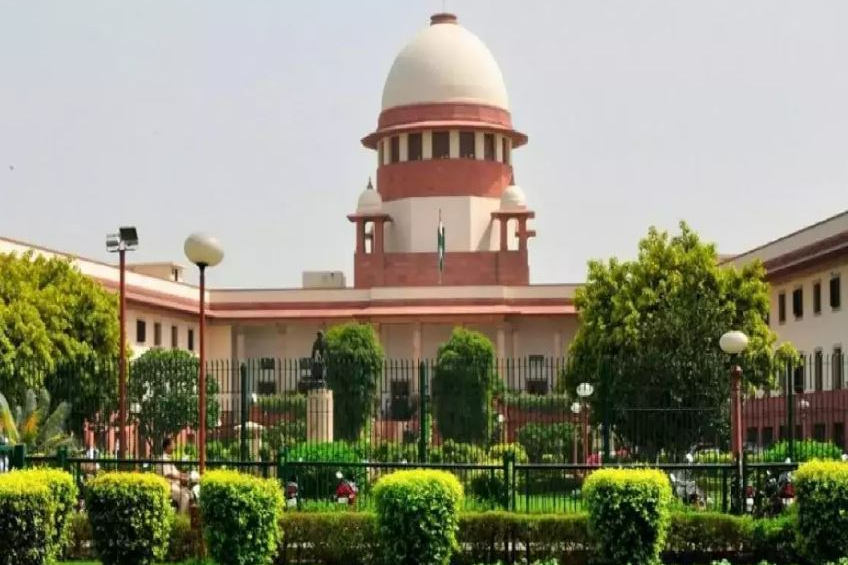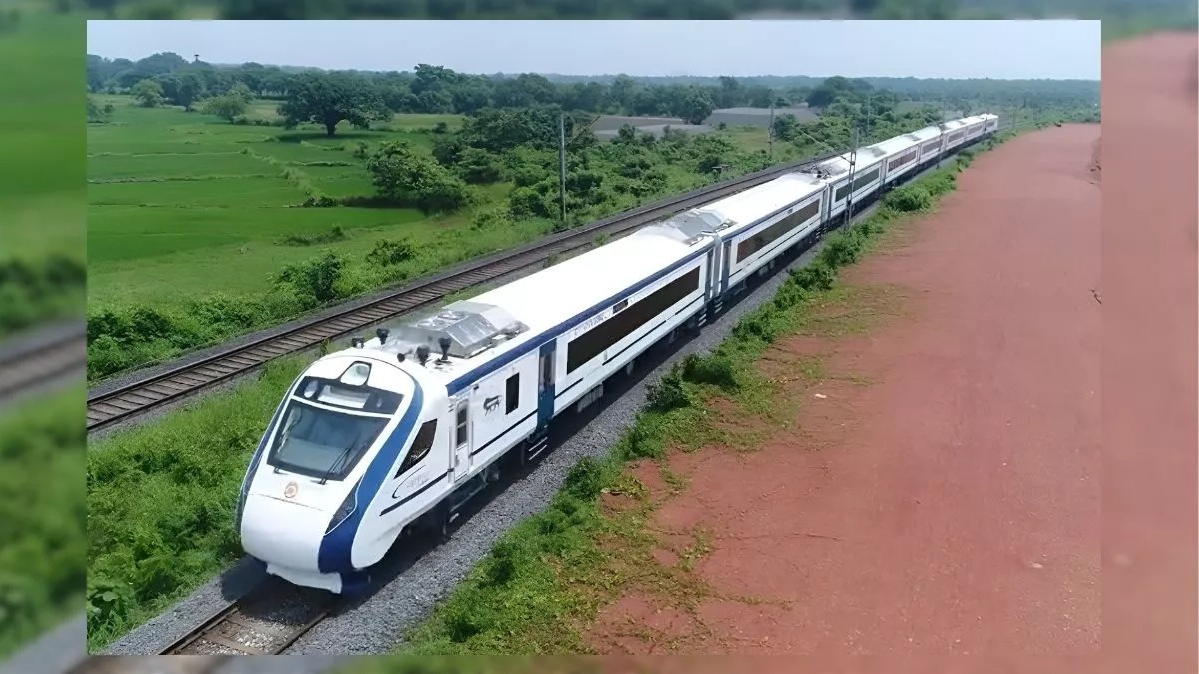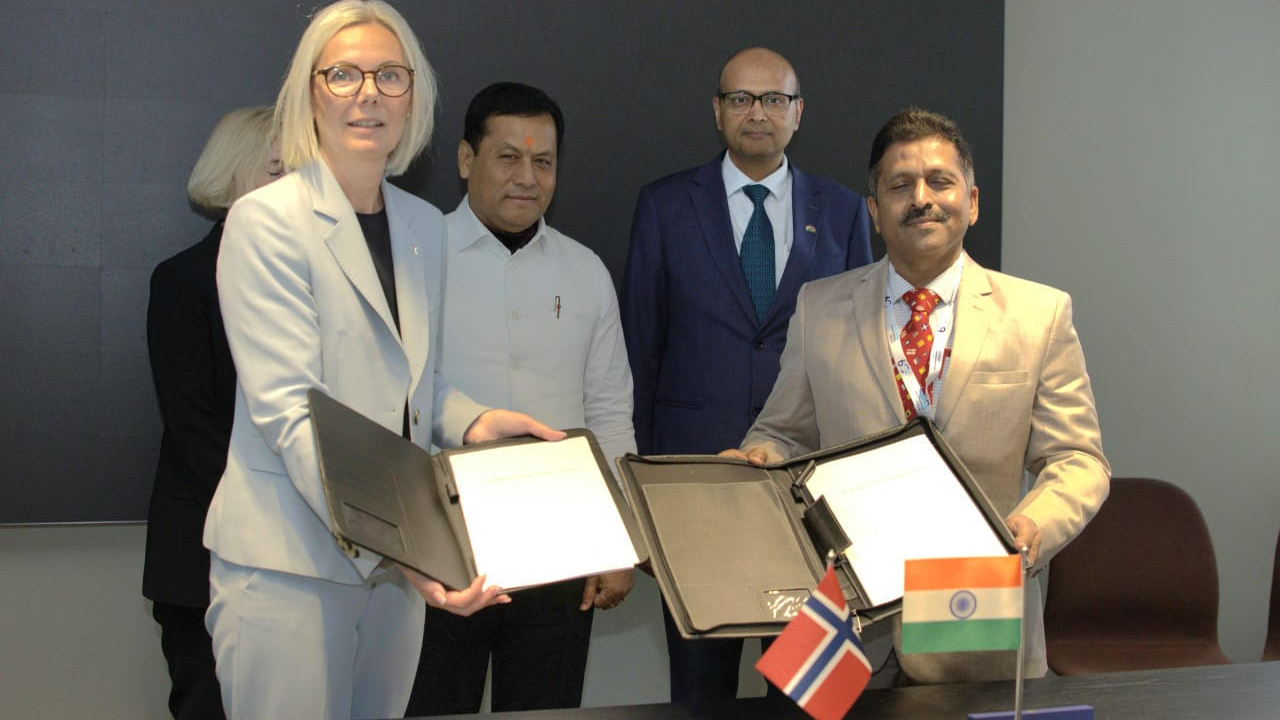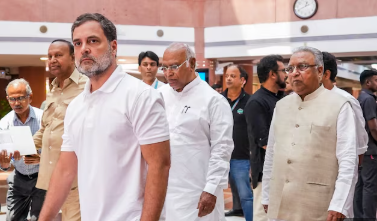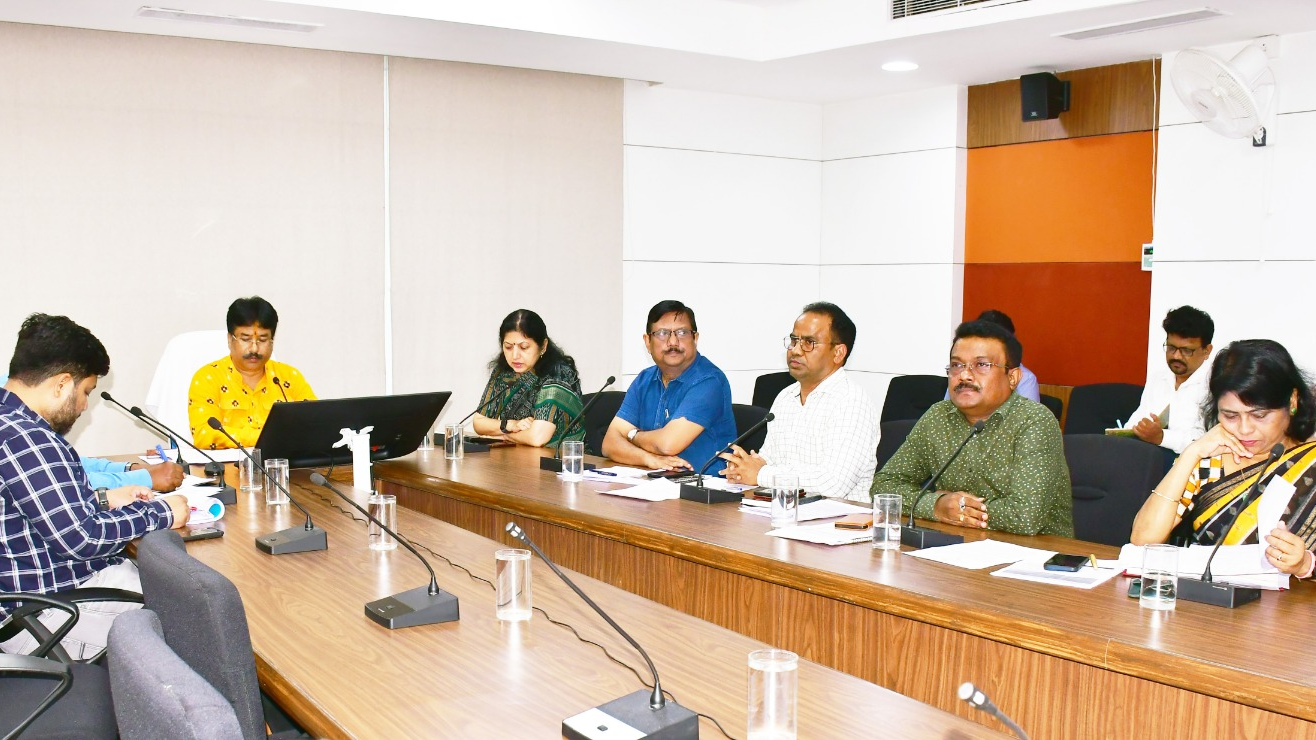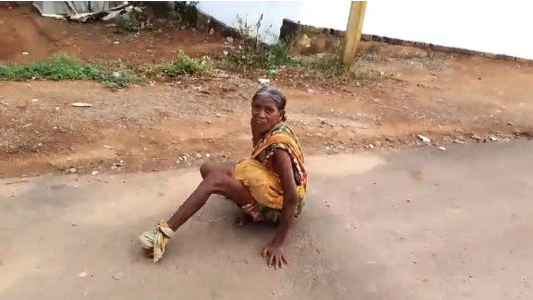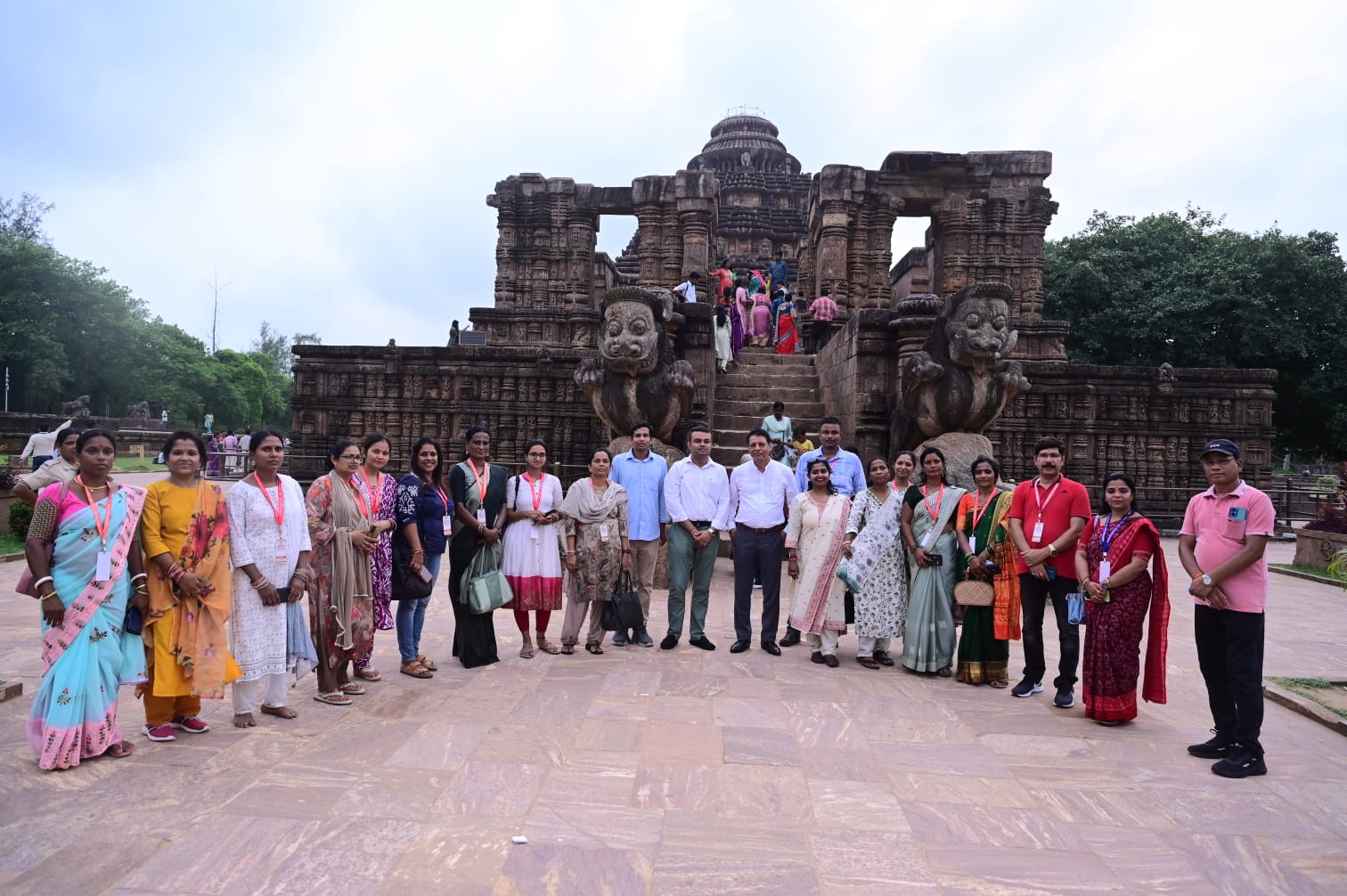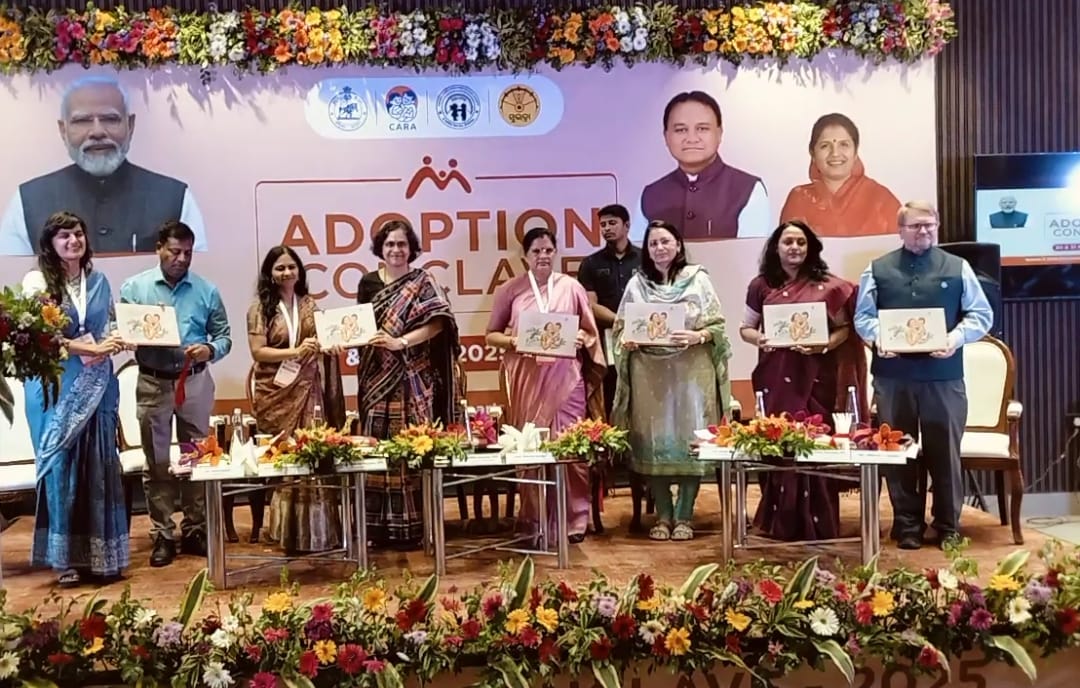Arun Joshi
The Supreme Court has laid to rest once and for all the controversy over the abrogation of Article 370 by upholding the validity of the August 5, 2019 decision of scrapping the special status and privileges of J&K under this constitutional provision, and at the same time also directed the Centre to restore statehood to the Union Territory at the earliest and asked the Election Commission of India to hold Assembly elections by 30th September 2024.
Also Read: SC asks Election Commission to conduct elections in J&K by Sep 2024.
Chief Justice D Y Chnadrachud who headed five-judge constitutional bench that heard the petitions challenging the abrogation of Article 370 (August 5, 2019) for 16 days from August 2, 2023, on Monday, pronounced the judgement, underlining that the Government and President of India had the powers to abrogate Article 370 and reorganize the state- splitting it into two union territories of Ladakh, and J&K. He reflected on the constitutional history of Article 370 and its temporary nature. The judgment maintained that Maharaja Hari Singh after signing the instrument of accession in October 1947 had surrendered the sovereignty to the Union of India
This long-awaited judgment has legally sanctified the August 5, 2019 decision both in the constitutional and historical perspectives, dwelling on the developments - war in Jammu and Kashmir, resulting out of Pakistani tribals’ invasion of the princely state – that led to the setting up of Article 370 in the constitution. The SC Constitutional bench, he said, upheld the contention that it was a temporary provision that could be done away with by the government as per provisions of the constitution of India.
With this judgement on Monday- December 11, 2023, the Supreme Court has cleared all the doubts on the issue which had been sitting on two sides of the fence ever since it came into being in the constitution of India – Kashmir-centric vouching that it was integral to the instrument of accession and Jammu and Kashmir’s relationship with India. Their contention was that the temporary status had become permanent and it could not scrap without going back to the constituent Assembly of J&K, and later the state legislative Assembly of the state.
But the other view, articulated by Jana Sangh, the original version of the current Bhartiya Janta Party, that Article 370 was unconstitutional and violative of the concept of one nation, one head of the state, one constitution and one flag . Jammu and Kashmir had its own head of state, known as Sadr-e-Riyasat ( Dr. Karan Singh held the position and title from 152 to 1965), and it also had its own prime minister, constitution and flag. The Jan Sangh/ BJP had been carrying on this campaign for the past seven decades,as they also felt that the Article was violative of the fundamental rights of women marrying outside the state and west Pakistan refugees and others who had come from other parts of the country, including Valmikis and Gorkhas.
The judgment of the Supreme Court has ruled that the action of the government was valid. This ruling will give a boost to BJP’s political ideology and its agenda on Jammu and Kashmir. The party has received a boost because until this date the abrogation of Article 370 was attributed to BJP’s overwhelming majority in the Parliament, but now it has got a legal sanction. This has reconfirmed the party’s actions on Jammu and Kashmir – integrating the state permanently into the core of the nationhood.
The Supreme Court, however, chided the Centre for delaying the restoration of the statehood and Election Commission of India for not holding elections. It asked the Centre to honour its promise to grant statehood to the UT of J&K at the earliest. It was referring to Home Minister Amit Shah’s statement in the Parliament that statehood would be restored to J&K, while the UT of Ladakh would stay as UT.
The Assembly elections were last held in November-December 2014, and after the Assembly was dissolved on November 21, 2018, the elections should have been held within six months that is by May 2019. But the elections were deferred. The SC asked the ECI to hold the elections by September 30th, 2024
This judgment, while upholding the August 5, 2019, decisions has also questioned in delay in honouring the promises vis-à-vis statehood and elections. This could put the Centre in a situation from which it has no escape, for it cannot but hail the SC judgment on Article 370, but it is somewhat not comfortable with the idea of early restoration of statehood and Assembly elections in J&K.
(Arun Joshi is author of “Eyewitness Kashmir; Teetering on Nuclear War and senior journalist based in Jammu and Kashmir, writes on South Asian affairs)
Disclaimer: This is the personal opinion of the author. The views expressed in this write-up have nothing to do with www.prameyanews.com.


